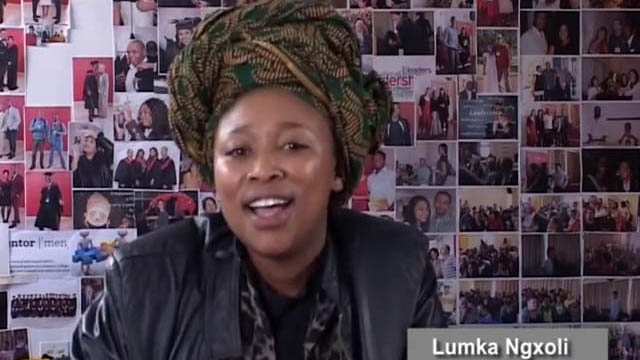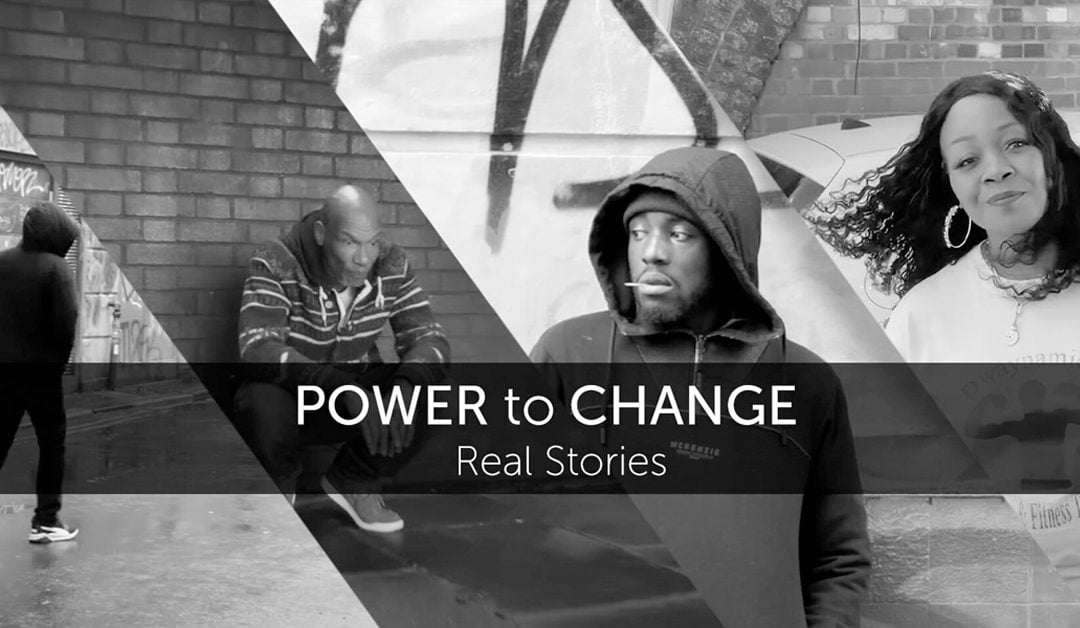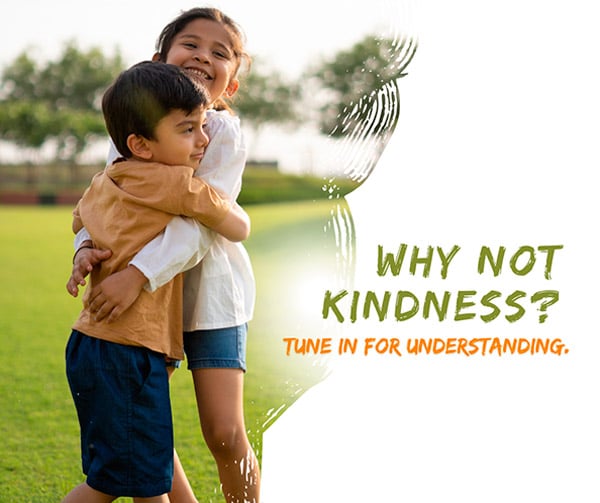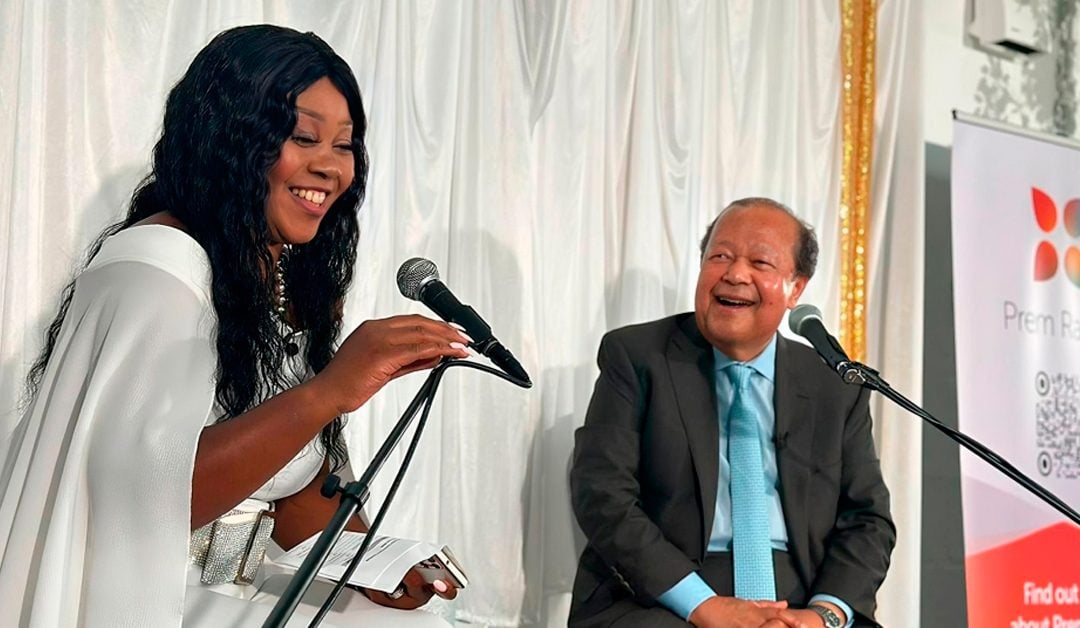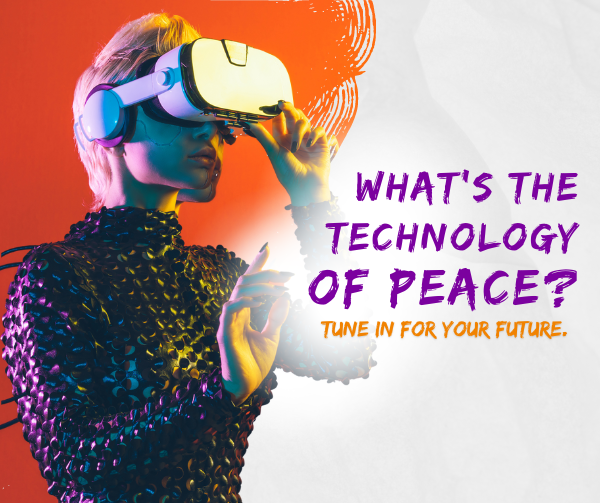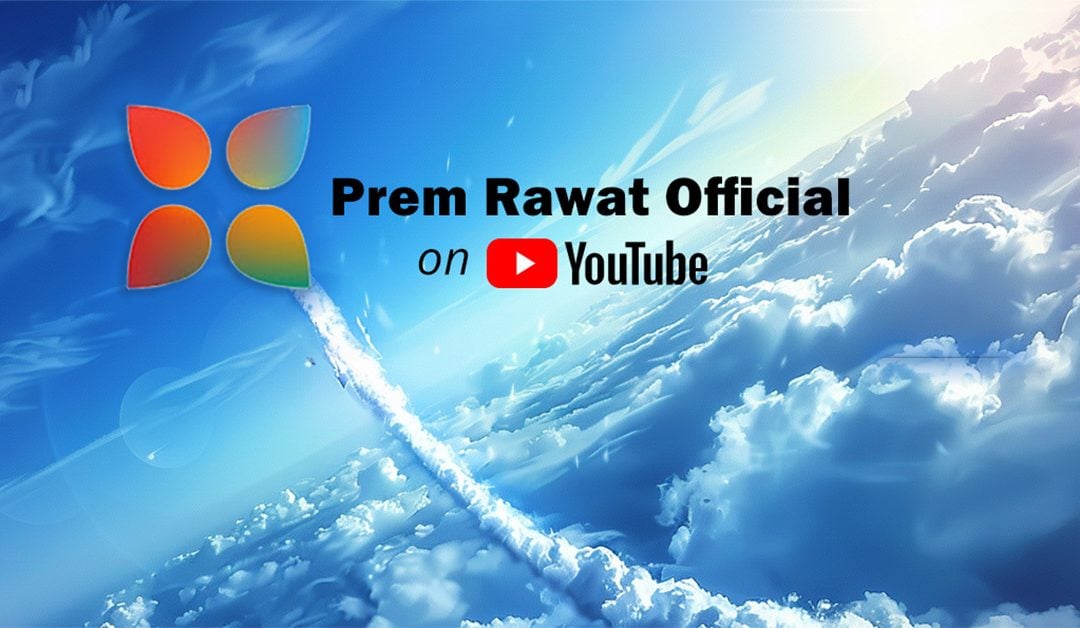PremRawat.com’s writer, Marcia Newman, recently caught up with 32-year-old media spokeswoman Lumka Ngxoli, based in Cape Town, South Africa.
Prem Rawat has been interviewed by Ms. Ngxoli on multiple occasions, starting in November of 2015 at TSiBA University, and in May of 2016 on Assembly Radio’s Wild Wise Woman Show. In December of 2016, Lumka’s interview with Prem was aired on SABC, (the South African Broadcasting Corporation).
When Prem returned to South Africa in 2017, Lumka arranged an event for him at a “red zone” elementary school, and she also joined Prem and his wife for a lively conversation at a café in Cape Town at that time.
PremRawat.com: I’ve had the pleasure to read and hear some of your interviews with Prem Rawat. Clearly, you both had a lot of fun exploring a variety of topics. I know so much has happened for you and in our world since then. In listening, I still hear and see this refreshing “free spirit” or transparency about you. You mentioned that you are known for not having a filter. Where and how did you develop this free spirit in you?
Lumka: It’s a testament to whom I was raised by, a single Black woman in South Africa. My mom taught us at a very early age to find your/our voice and to stand up for what we/you believe in. And it might not be the most popular thing. I learned that you can be part of the solution or be part of the problem.
Growing up during the heat of apartheid, my mom was working in an area where Blacks were not to be allowed. Nearby, I attended a preschool where Black children were not supposed to be enrolled. (See picture.) So when the police inspector would come, they would hide me in the toilet area. From an early age, I developed the ability to see all people, to communicate and find a deeper understanding of what was happening. I think my “free spirit” was a survival skill so that I could create a community even with people who didn’t look like me.
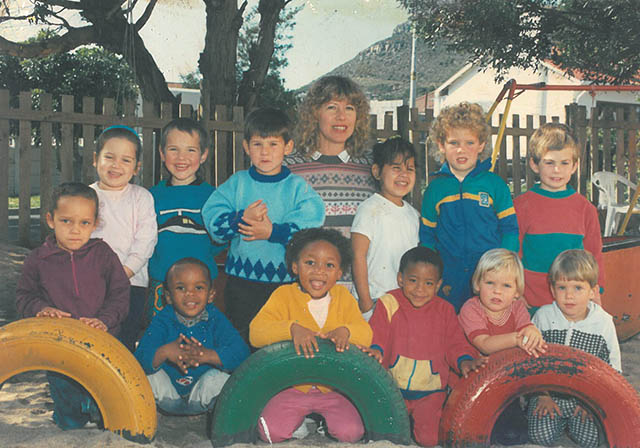
PremRawat.com: I know that the COVID-19 pandemic has devastated so many lives in Cape Town. How are you holding up? What are you doing these days to feed your heart?
Lumka: It’s been a bit rough here, especially back in the beginning in April. There’s been a rise in break-ins—lack of safety—and gender-based violence. I had a lot of fear that I needed to put under the carpet. I had to tap into my inner peace. I really had to make use of the lessons learned from the Peace Education Program. I’ll be honest; I had my doubts about the Program. But when I started to revisit the DVDs on “Hope” and “Appreciation,” it helped me to exhale. I do have these resources internally and the Program workbook helped remind me. I was able to breathe again and sit in the space without fear.
PremRawat.com: This reminds me of your conversation with Prem in the 2017 interview for Cape Town TV (CTTV). He totally surprised you by saying that he wanted to interview you first—and he did! At one point, Prem asked, “Do you ever see yourself getting to a point in your life where you really are who you are?” Lumka, do you feel that you have gotten to that point in your life?
Lumka: I remember that question. I would definitely say that this year, that has happened for me. When I first met Prem, I was this young 24-year-old kid. I had crafted this perfect little world. And the more questions that I asked Prem, it left more cracks in my Pandora’s box. It eventually exploded and I had to sit with me. If I’m fully honest with myself, yes, I’ve come full circle during this lockdown. I was willing to be open to it. I’ve begun to understand the ten values of the Peace Education Program. And I’ve had enough courage to face all this shadowy fear.
PremRawat.com: Were you able to view some of Prem’s Lockdown series on his website?
Lumka: I did and I think it was some of his best work yet. It has also been very helpful to others who have not had the opportunity to go through Peace Education or be able to sit down with him. We want to get Prem’s message out on a weekly audio slot here.
PremRawat.com: You spoke with Prem about wanting more African youth to hear his message of peace. What particular message do you think that you and other African youth need to hear right now? What resources do you think would be most helpful to assist with that?
Lumka: For the South African youth, the Peace Education Program needs to be very fun and interactive. We need to meet each group of people for where they are at. One of my goals is to get the Peace Education Program in front of the highest level of government—Parliament—so everyone will have more access to it. I’m also very interested in reducing gender-based violence which is a huge part of this culture. Many South African young girls and women think it’s still okay to be slapped—violated. I help educate young women to fight against this grain of sexism and these violent energies that are not needed in this society.
PremRawat.com: Speaking of youth, in 2017, Prem visited a “red zone” elementary school in Sebokeng. You and his film crew were with Prem that day. What was that like?
Lumka: It was incredible and emotional for me. A “red zone” area is where the government has very low resources. They are known as “the forgotten space.” When planning this school visit, I didn’t really see or know what the impact was that Prem’s visit would make.
When we first arrived to the school, many of the students were sitting so militant-like, so closed off. These are children whose normal is to hear gunshots or have parents doing drugs. We had this little 6-year-old that kept coming up to the film crew for hugs. Her parents had died, and she has experienced multiple abuses.
These are children who have been taught the language of abuse, of aggression, of defending, and hiding. So here is this man in front of them who is not doing that. Prem held this safe space and reintroduced these young minds to values they possess, many which they have not experienced.
These are young children who should be pretending they are frickin’ Cinderella or Spider-Man. But they have already gone through more life problems than most people ever will. This place broke me with tears.
It’s one thing when you pay somebody to build a house, then you walk away and come back—and you find the house is already built. It’s a completely different thing when you see this transition of these young minds moving from darkness to light—and then to literally now have hope. When we were leaving the school, you could see all these children melt and disarm some of those survival skills. They ran after Prem, and they were smiling and yelling with joy.
PremRawat.com: Thank you so much for sharing that. If it’s okay, could we pivot? Let’s talk about food. In your 2017 encounter with Prem and Mrs. Rawat in Cape Town, you were kicking around this creative idea of him starting a cooking show that could be filmed while Prem is traveling and speaking to people through various parts of the world, incorporating their local cuisines.
Lumka: Yes! I’m very much interested in getting a camera on “the man behind the message.” I want to help tell his narrative through a cooking show or a documentary. I also think it will help people appreciate the Peace Education Program ten times more. I always tell people that Prem is one of the most creative, beautiful minds that the world has to offer. Honestly, he makes people feel extremely comfortable and allows the space for people to grow and learn about themselves. And he’s super-duper funny!
PremRawat.com: Regarding your experiences with Prem Rawat, did we miss anything? Was there anything else that you’d like to share?
Lumka: I just got Prem a monthly slot on a cool youth radio station that is syndicated throughout South Africa. Let’s find ways to broaden his message in Africa so we can create new young Ernest’s, new young Anne’s, and new younger Lumka’s. Really, let’s build a solid foundation of peace.
* A tribute to Ernest Leketi (of the Youth Development Department in Johannesburg) and Anne Wolfson for their active promotion of Peace Education Program workshops in South Africa, including at Zonderwater prison.

